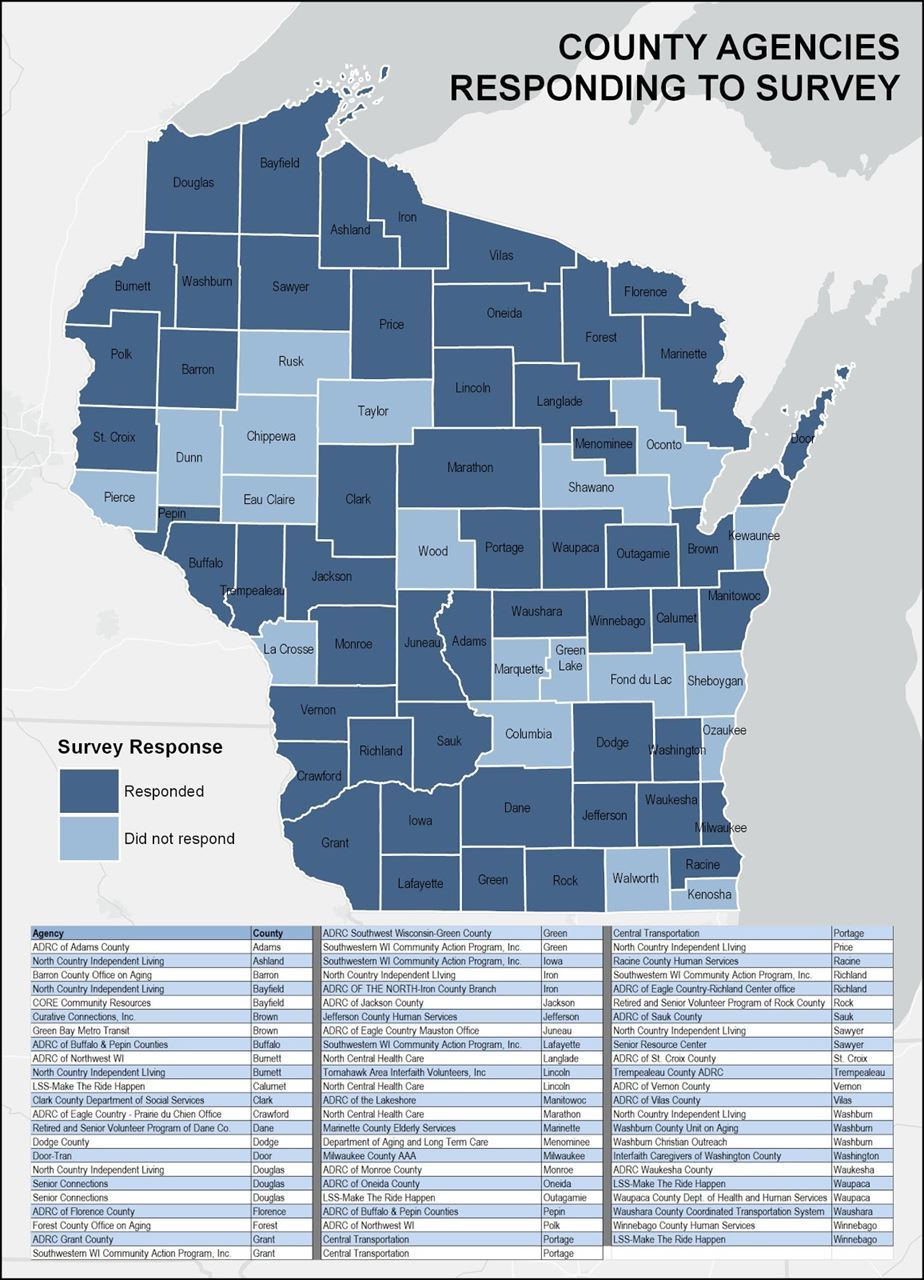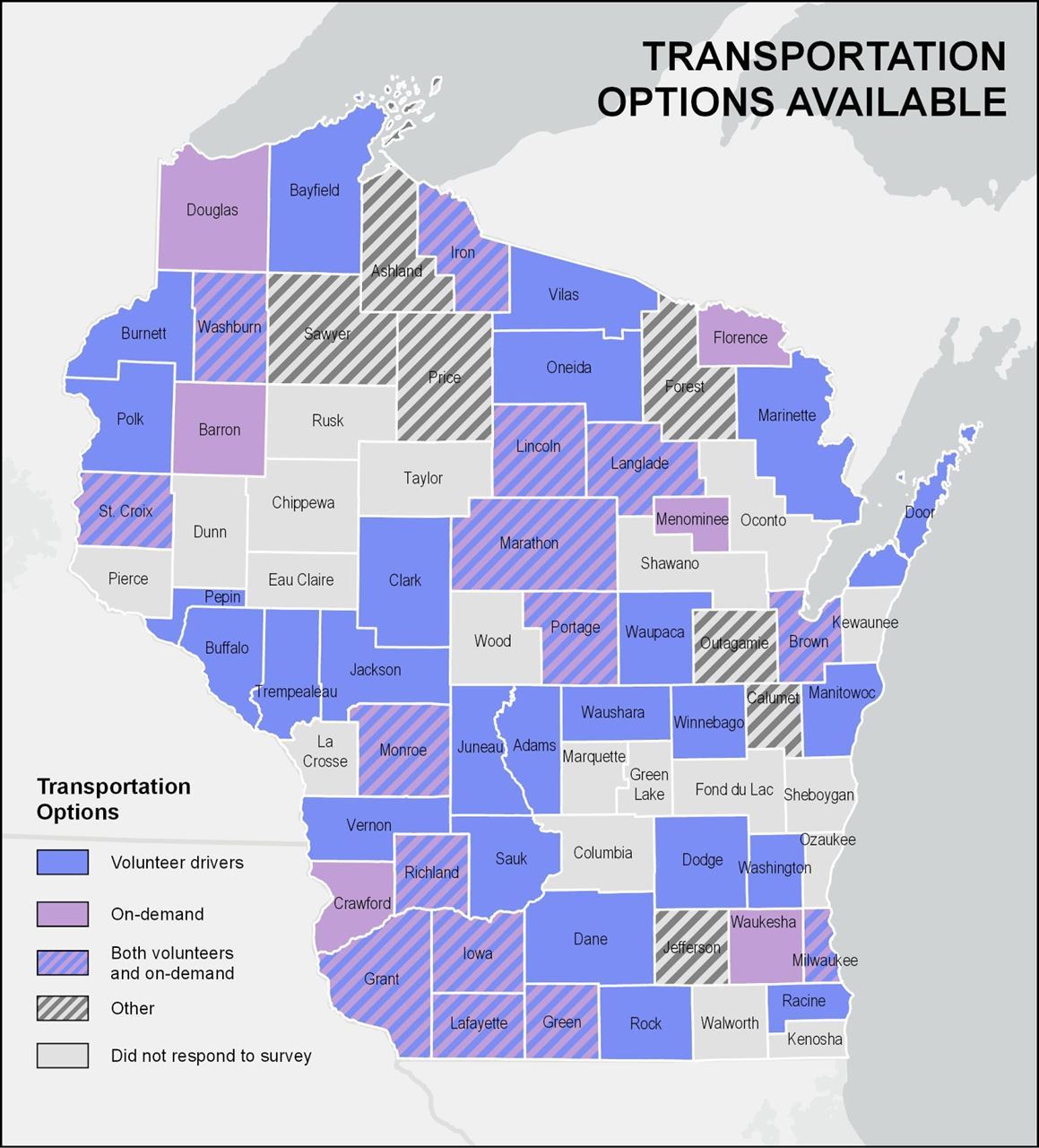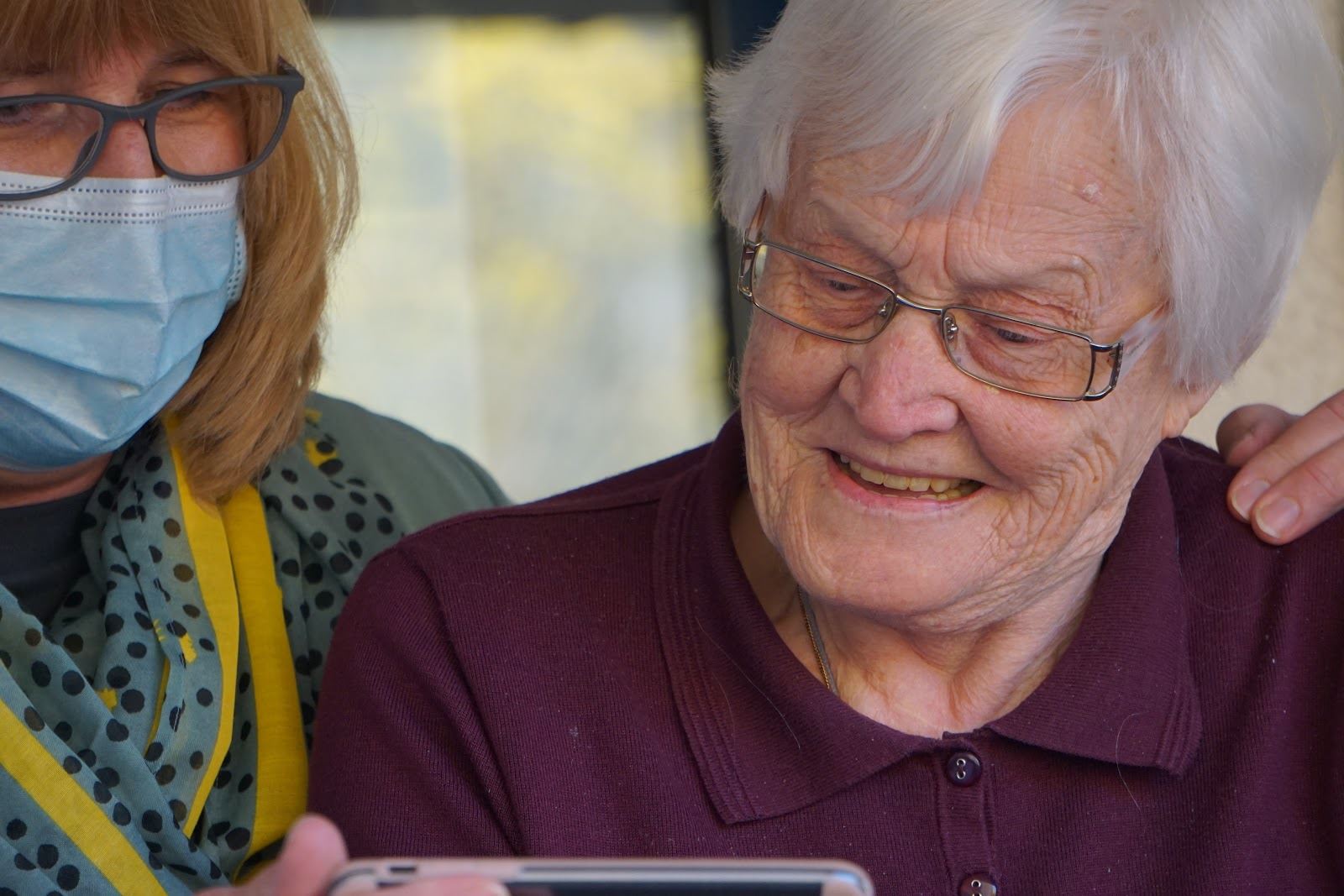
Volunteering During COVID-19
The information compiled on this website was brought together with the intention of providing resources with recommended best practices for how to make life easier for the senior population during the coronavirus pandemic. Unfortunately, many senior citizens rely on resources provided by the government, such as public transportation, which have been negatively impacted by the effects of the global pandemic.
|
|
The process of getting this website up and running was not an easy one. There have been countless hours of meetings, information gathering and networking done by the UW Madison Certified Public Manager program class of 2020, including John Cole, Howard Veregin, Audrey Jensen, Alene Bolin and David Melby, who gathered this information as their final project before graduation.
The CPM graduates would like to thank everyone who aided in making this research and website development possible. Specifically, they offer a special thank you to their executive sponsor, Nick Musson, who serves as a Transportation Specialist for the Greater Wisconsin Agency on Aging Resources.
Ten Goals to Consider When Developing Tactical Strategies to Combat Social Isolation in Older Adults
Promote Sense of Purpose – Seniors with a sense of purpose or hobbies that interest them are less likely to succumb to the negative effects of social isolation. Besides providing a sense of purpose, many hobbies and interests are inherently social in nature. Anything that involves a group, for example, playing bridge, could be said to be socially healthy. If a senior is bereft of ideas for what to do, there are always planned events at the local senior center. Volunteering is also great way of maintaining and expressing a sense of purpose. Encouraging seniors to remain active in their hobbies and interests, and providing them opportunities to volunteer can help them maintain their sense of purpose and keep them from becoming isolated and lonely.Make Transportation Available - Having access to adequate public transportation or other senior transportation services is key to seniors’ accessing programs and resources, as well as their feelings of connectedness and independence. Because many seniors do not drive, this is a big issue for them, so anything that helps seniors get around and make independent choices about travel promotes their social health. Creating a solid public transportation infrastructure and providing special transportation options to seniors and disabled people will help promote their social integration. Offering rides to older loved ones and helping them to learn to use public transportation will also help them maintain social connections and a healthy sense of independence.
Get Them a Pet - Caring about someone or something else can give you a sense of purpose, not to mention a fuzzy feeling. Is Dad a cat or dog person? Can you take him to your local shelter to walk an equally lonely dog, just visit, or bring home a precious pet? If he has a gentle, well-behaved dog, would he consider bringing it to a nursing home? Pet therapy is medicinal: it can actually lower anxiety and blood pressure, boost memory, and contribute to mood and a sense of well-being. Caring for pets is also fun and rewarding for seniors who need companionship.
Get Them Involved in the Community - Staying involved in the community helps give seniors’ purpose. From helping gift wrap at department stores during the holidays, to handing out brochures and information at local theaters; many seniors thrive by close involvement with their community and meeting new people (not to mention, interacting with people of all ages). Even if they don’t want to volunteer, having them attend events at the local senior center or enrolling them in a class they might enjoy is an excellent way for them to get involved and give them purpose. Attending a local music celebration or festival also breaks up the day and adds a little excitement. Many assisted living communities bring seniors to events within the community for this very purpose.
Encourage Exercise - Let’s face it; exercise and moving our bodies releases endorphins, reduces stress and just makes us feel good. Exercise is especially beneficial to seniors to get their blood moving in addition to increasing their flexibility and strength — and also helps give them a positive body image to want to interact with others and be social. By encouraging a positive body image, you can help your older loved ones not only feel good, but also avoid isolation. Remember that compliments and positive comments can go a long way to boosting the self-esteem of seniors. Similarly, discouraging seniors from fretting over their appearance may help them avoid becoming self-conscious to the point that they avoid social interactions. For seniors who are genuinely overweight, addressing the root problem by encouraging weight loss through healthy eating and exercise can be helpful too, but always be positive and sensitive in efforts to encourage older loved ones to lose weight.
 Keep Up Doctor Visits - Part of staying healthy and social is preventative health and being aware of any health problems that may arise. Routine doctor visits go a long way to addressing health problems that can cause seniors to withdraw and become isolated. For example, seniors with undiagnosed or untreated hearing problems may avoid social situations because of difficulty communicating or embarrassment. In fact, a hearing aid may be the only barrier between a senior and better social health. Vision and sight problems can also limit opportunities for social interactions if they can’t see items, read or feel as though they are as aware of their environment or can’t interact as they normally would.Address Incontinence Issues - Incontinence issues are embarrassing. So for obvious reasons, a senior who experiences incontinence may be hesitant to leave their home and could become isolated. When family caregivers and health professionals make sure that incontinence issues are appropriately addressed, for example through medications and incontinence supplies, seniors can have a better opportunity to recognize their social potentials and live life without embarrassment and fear of going into public.
Keep Up Doctor Visits - Part of staying healthy and social is preventative health and being aware of any health problems that may arise. Routine doctor visits go a long way to addressing health problems that can cause seniors to withdraw and become isolated. For example, seniors with undiagnosed or untreated hearing problems may avoid social situations because of difficulty communicating or embarrassment. In fact, a hearing aid may be the only barrier between a senior and better social health. Vision and sight problems can also limit opportunities for social interactions if they can’t see items, read or feel as though they are as aware of their environment or can’t interact as they normally would.Address Incontinence Issues - Incontinence issues are embarrassing. So for obvious reasons, a senior who experiences incontinence may be hesitant to leave their home and could become isolated. When family caregivers and health professionals make sure that incontinence issues are appropriately addressed, for example through medications and incontinence supplies, seniors can have a better opportunity to recognize their social potentials and live life without embarrassment and fear of going into public.Keep Them Actively Engaged in Their Interests - Hobbies are a great way to keep seniors interested while stimulating their mind, but are also great for social interaction. For example, art can also be done as a social activity with friends or family, so that mingling happens while stimulating their mind and souls. From painting, sculpting and scrapbooking to photographing, knitting or sewing — art is one of the best activities seniors can practice, especially in a social setting; whether through a class in the community or in senior living. Many seniors also enjoy playing games, which is a great social activity either with friends, in the community or in senior living. From Bridge to Scrabble, cards and games are an excellent way for seniors to engage in a fun activity to keep their minds alert and keep them social. Other hobbies, such as dancing and golfing offer many social benefits, as well. So help keep your older loved one engaged in their favorite hobbies by enrolling them in a class or local community group with others who share their interests.
Encourage Dining With Others - The act of eating with others is inherently social as people eat together and mealtimes are events when the whole family or community comes together. Dining offers an occasion for catching up and rejoicing with others. Everyone needs to eat, which is why dining has been one of the most enjoyable and significant occasions for people across different cultures and throughout history. In fact, dining is often one of the most important elements in senior centers, country clubs, health clubs and senior living communities as it is such a central part of human contentedness and interaction.
Make Family and Friend Interaction a Priority - Visiting family and friends is one of the most important past-times for seniors as these catch-ups help combat senior isolation; one of the leading causes of mental and physical decline. Social isolation and loneliness have been associated with increased risk for depression, blood pressure, mental decline and more. Visiting with family and friends not only helps to strengthen family bonds and heritage, it’s also important for happiness. After all, humans are wired to interact and socialize, and they especially need these interactions as they age and sometimes lose spouses and social circles. One of the most important parts of life is about human interaction, emotional connections and having a reason to live.


- Home
- Resources
- COVID-19 Resources
- Volunteering During COVID-19
Wisconsin Association of Mobility Managers is a 501(c)6 non-profit organization.
